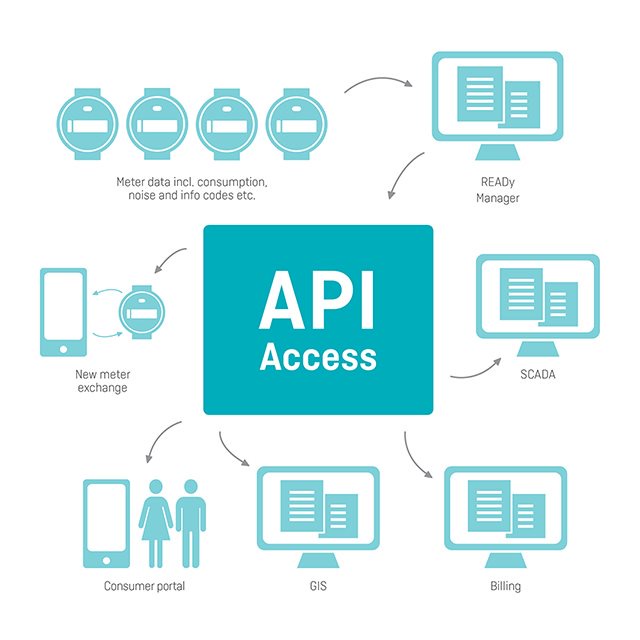APIs (Application Programming Interfaces) have become an integral part of modern software development, enabling applications to communicate and share data with each other. However, with the increasing use of APIs comes the need to manage and secure API access effectively. In this article, we will explore the importance of API access management and best practices for securing your API endpoints.
Why API Access Management Is Important
API access management refers to the process of controlling and securing access to your APIs. Effective API access management is essential for several reasons:
-
Security: Securing your API endpoints is crucial to protect your data and prevent unauthorized access. Proper access controls, authentication mechanisms, and encryption can help mitigate security risks.
-
Compliance: Many industries have regulations and standards that require organizations to protect sensitive data and control access to it. Implementing API access management controls can help ensure compliance with these requirements.
-
Scalability: As your API usage grows, managing access becomes more complex. Implementing access management practices early on can help ensure that your API remains scalable and manageable as it grows.
-
User Experience: Effective access management can improve the user experience by providing secure and seamless access to your APIs. This can lead to increased user satisfaction and adoption of your APIs.
Best Practices for Securing API Access
-
Use Strong Authentication: Implement strong authentication mechanisms such as OAuth (Open Authorization) or JWT (JSON Web Tokens) to verify the identity of API consumers.
-
Implement Authorization: Use role-based access control (RBAC) or attribute-based access control (ABAC) to enforce authorization policies and control access to API resources based on the user's role or attributes.
-
Encrypt Data in Transit: Use TLS (Transport Layer Security) to encrypt data transmitted between clients and your API endpoints, protecting it from eavesdropping and tampering.
-
Limit Access with Rate Limiting: Implement rate limiting to prevent abusive usage of your APIs and ensure fair access for all users.
-
Monitor and Audit Access: Monitor access to your APIs and audit logs to detect and respond to unauthorized access attempts and security incidents.
Securing Your API Endpoints
-
Authentication: Use strong authentication mechanisms such as OAuth or JWT to verify the identity of API consumers.
-
Authorization: Implement authorization controls to control access to your API resources based on the user's role or attributes.
-
Encryption: Use TLS to encrypt data transmitted between clients and your API endpoints to protect it from eavesdropping and tampering.
-
Rate Limiting: Implement rate limiting to prevent abusive usage of your APIs and ensure fair access for all users.
-
Monitoring and Logging: Monitor access to your APIs and audit logs to detect and respond to unauthorized access attempts and security incidents.
Effective API access management is essential for securing your API endpoints and protecting your data. By implementing best practices such as strong authentication, authorization, encryption, and monitoring, you can ensure that your APIs remain secure and accessible to authorized users. By prioritizing API access management, you can enhance the security, scalability, and user experience of your APIs, driving business success in the digital age.


No comments yet